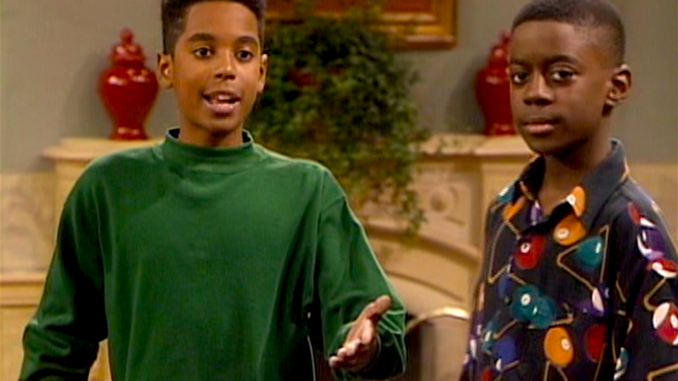
Before The Cosby Show, African-American families were often relegated to roles defined by hardship or comedy. Characters of color on television were frequently limited to stereotypes, with African-American families often depicted as struggling with poverty, crime, or societal oppression. But The Cosby Show changed that narrative, offering a refreshing portrayal of a successful, happy African-American family.
Breaking the Mold
The Huxtables were different from the typical representation of African-American families on television. Cliff Huxtable, a successful doctor, and Clair, a powerful lawyer, broke the mold of the poor or working-class characters who typically dominated TV at the time. By showing African-Americans in positions of power, intelligence, and success, The Cosby Show proved that African-American families could be depicted as affluent and loving, with complex dynamics that were universal and relatable.
Redefining African-American Family Life
Through its portrayal of the Huxtables, The Cosby Show gave viewers a more accurate and positive representation of African-American life. The show offered a look into the lives of a well-educated, affluent family where both parents were professionals, and their children were encouraged to excel academically. This was groundbreaking, as it challenged the prevailing stereotypes of African-American families as either struggling or involved in negative behavior.
Moreover, the show presented black characters who were not defined by their race but by their personalities, interests, and talents. By focusing on the humor, wisdom, and emotional depth of the characters, The Cosby Show painted a picture of African-American families that was diverse, multi-dimensional, and rich in culture.
A Legacy of Representation
The show’s success helped pave the way for other African-American-led sitcoms and dramas. Shows like A Different World, The Fresh Prince of Bel-Air, and Black-ish continued the tradition of presenting African-American families as multi-faceted, complex, and worthy of attention. They owe much of their existence to The Cosby Show, which proved that audiences craved authentic and positive depictions of black life on television.
Conclusion
The Cosby Show was a landmark in the history of African-American representation on TV. It not only redefined how African-American families were depicted but also created a new standard for television programming. By showing African-American characters in positions of power and success, the show helped to broaden the scope of representation in the media, making it possible for future generations of television shows to continue breaking barriers.
